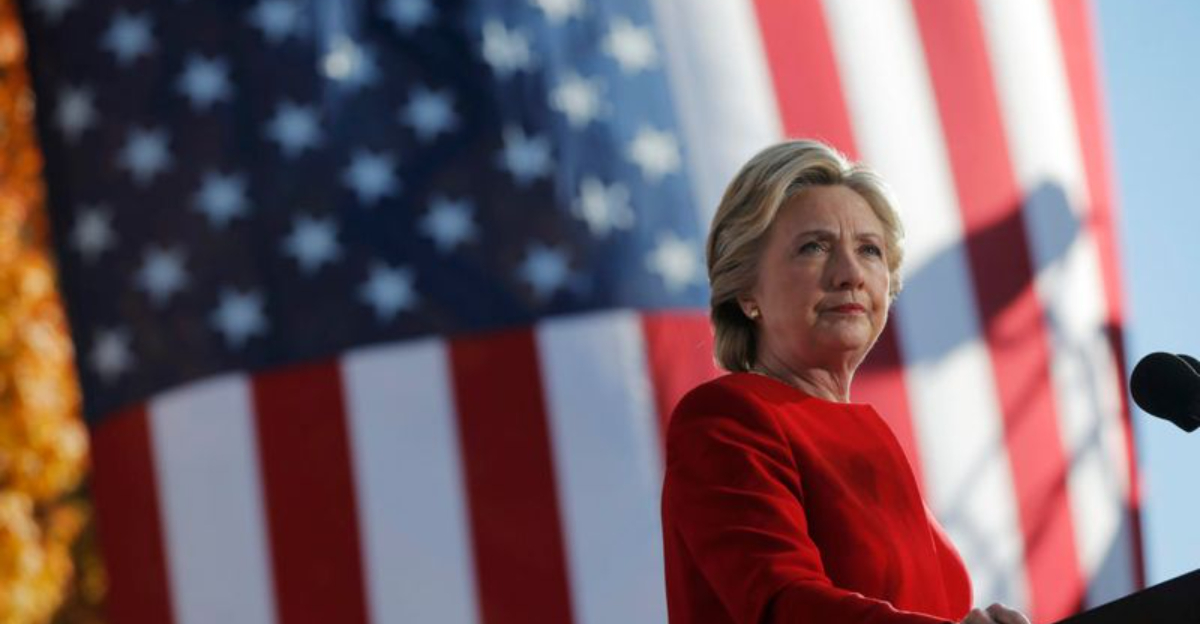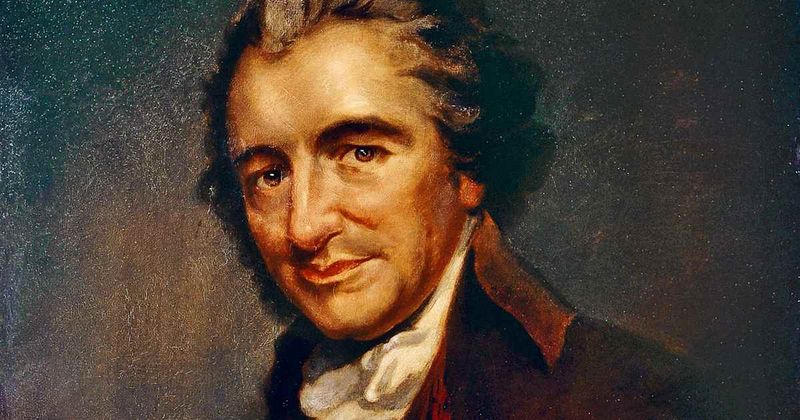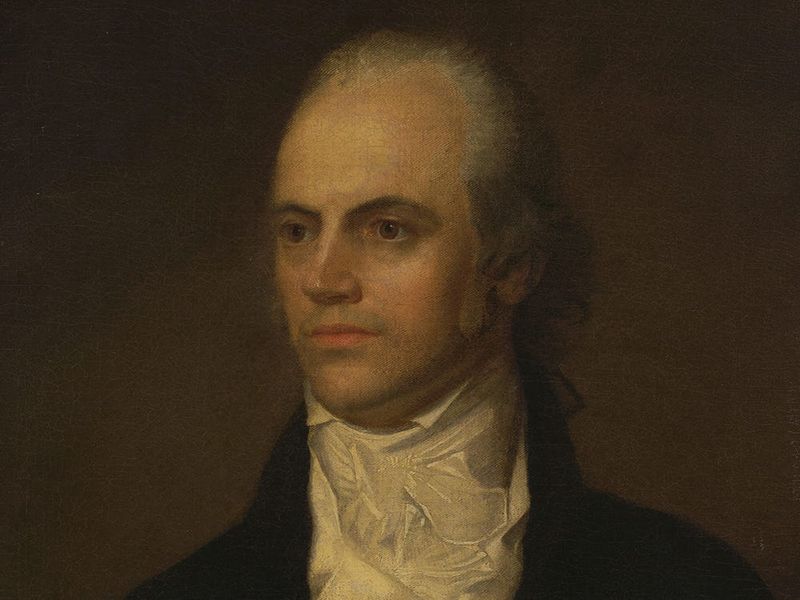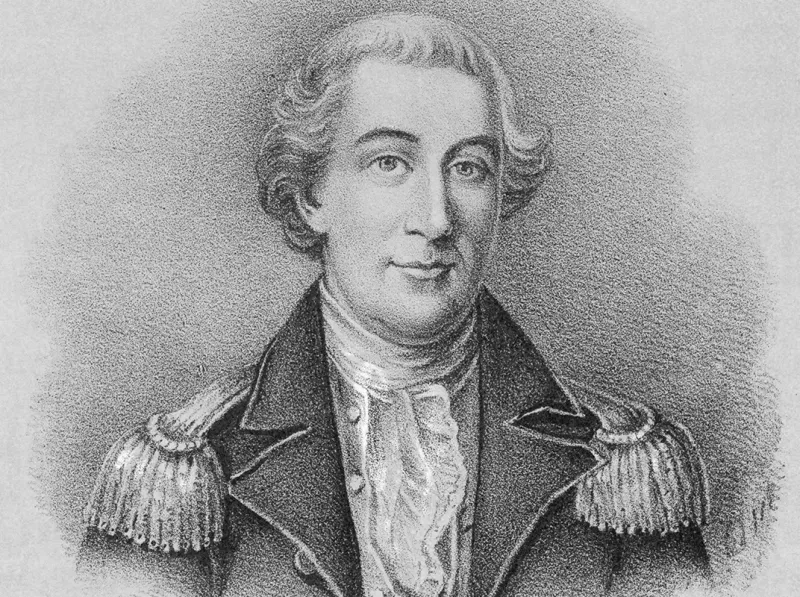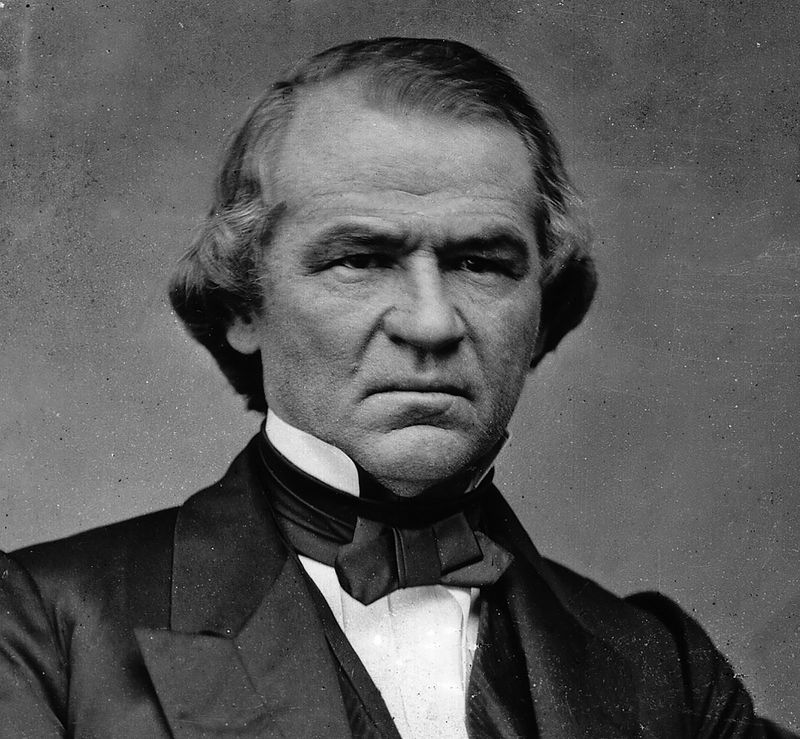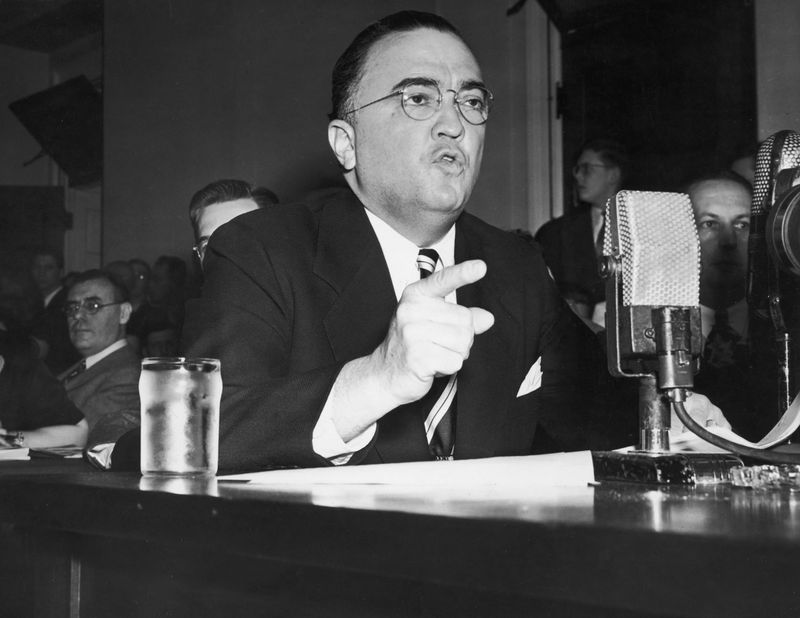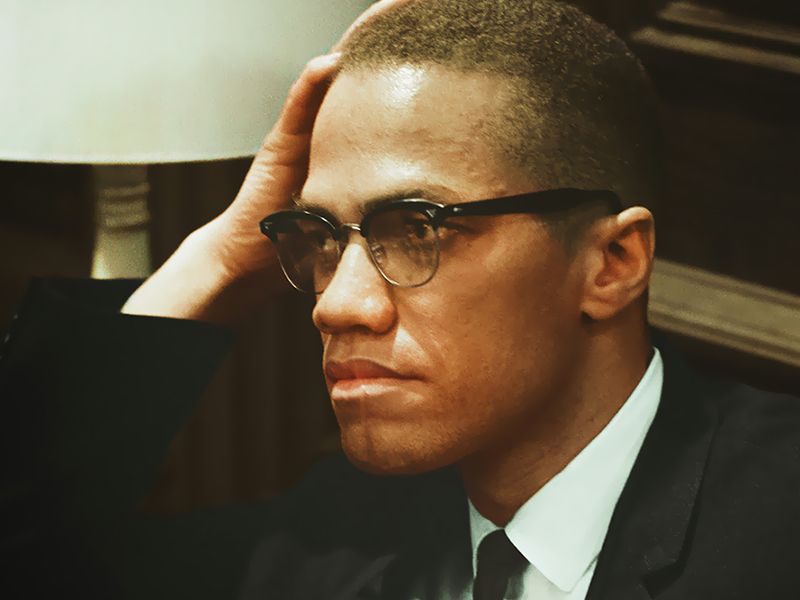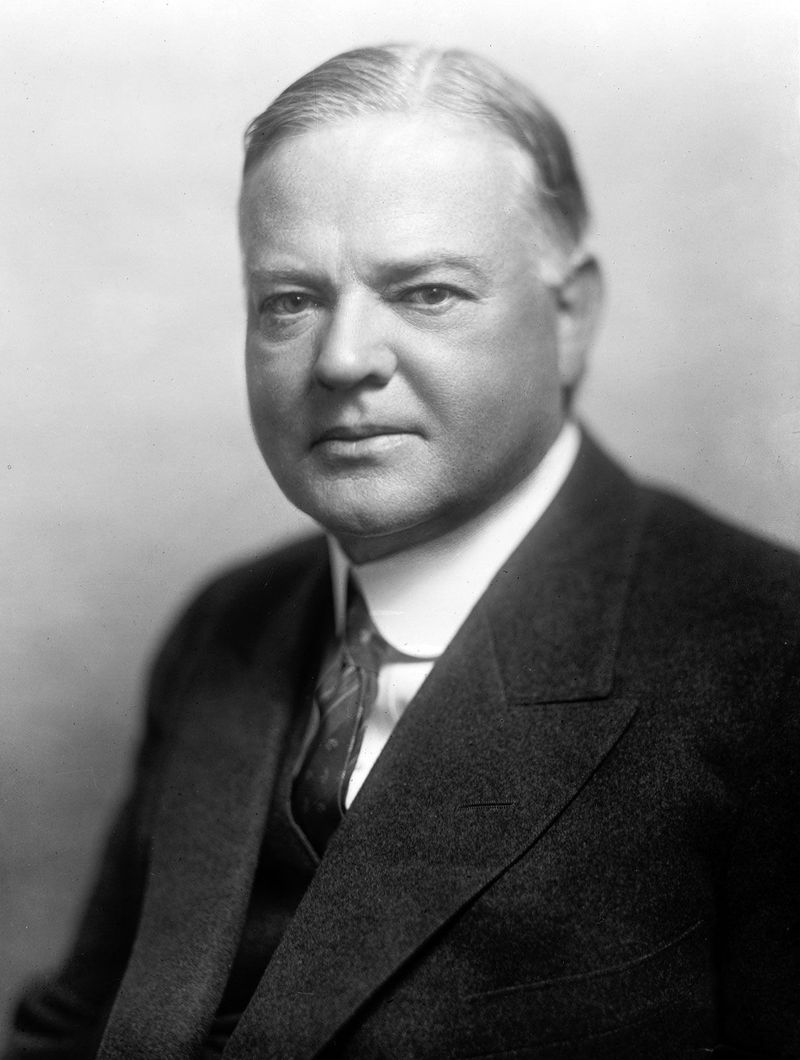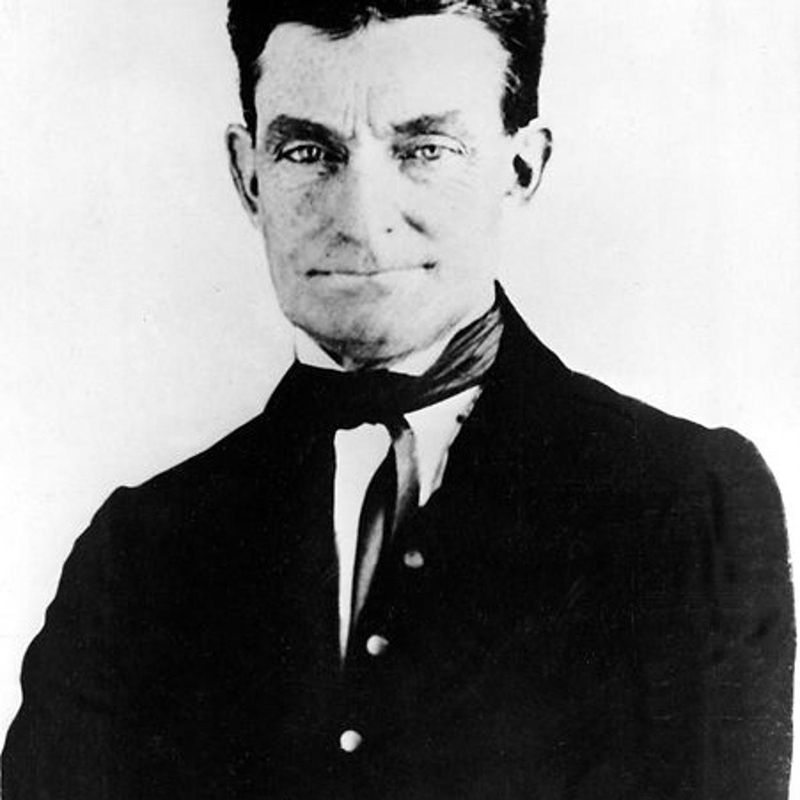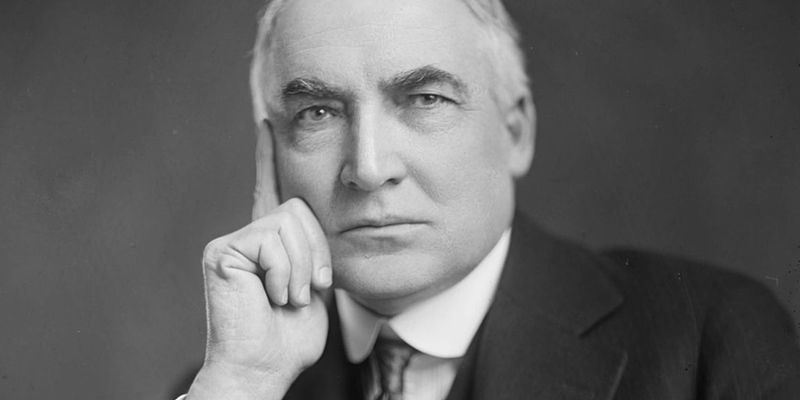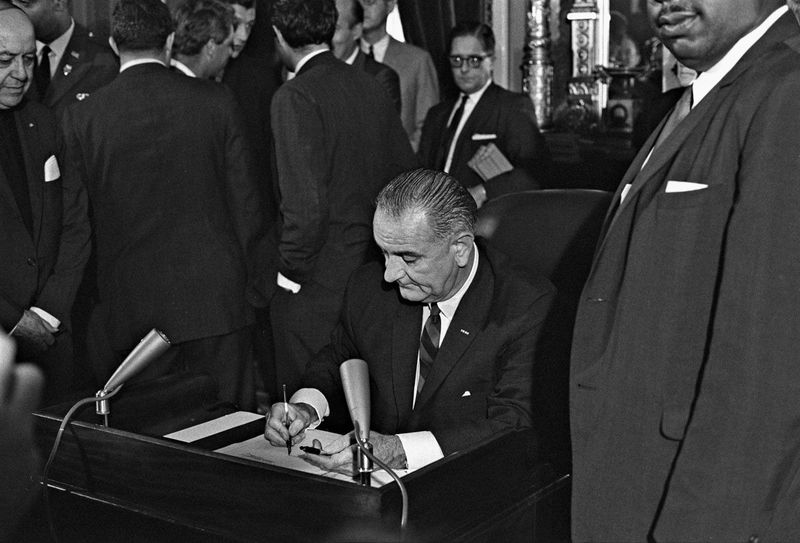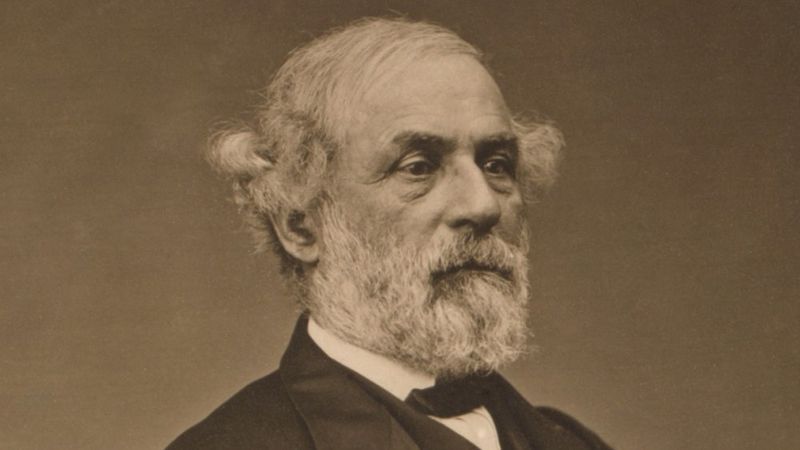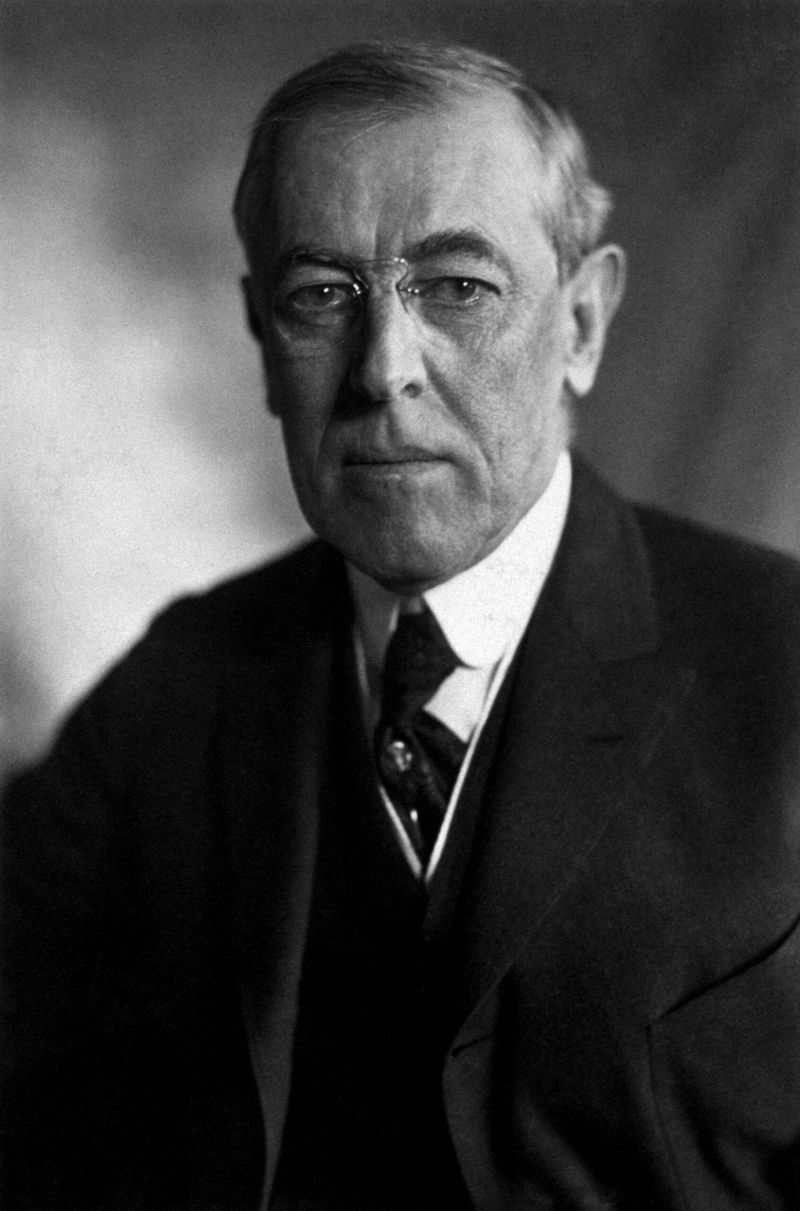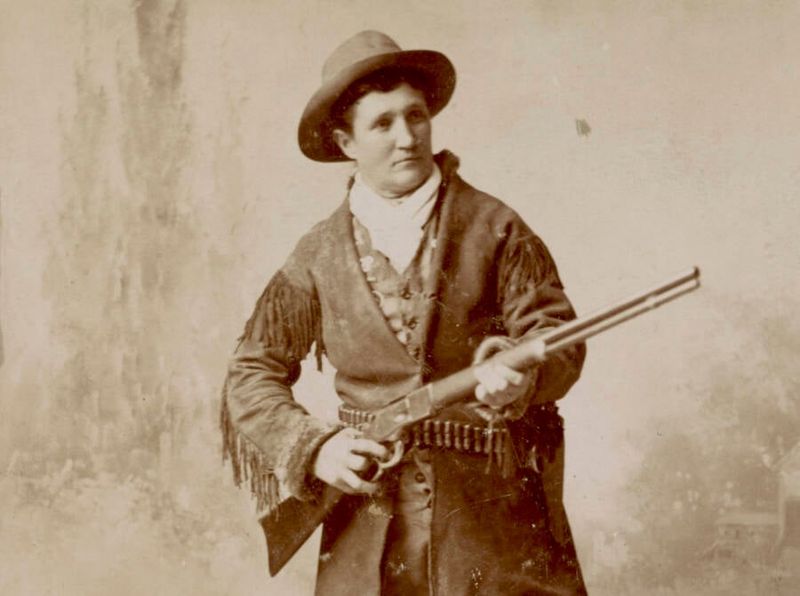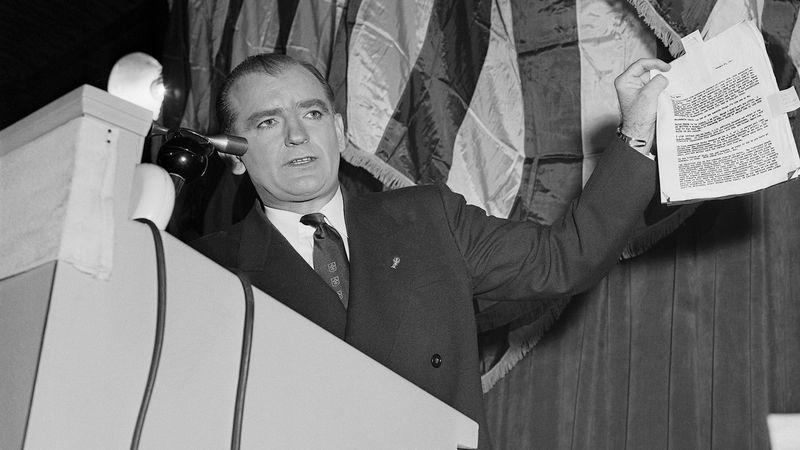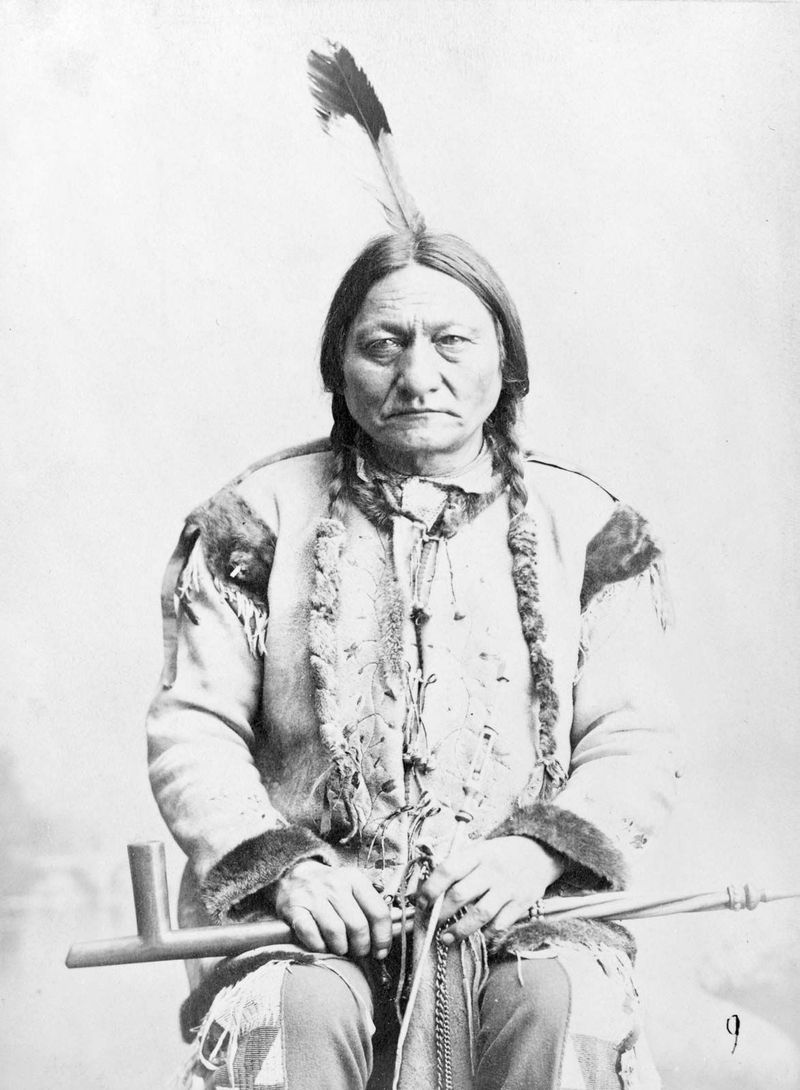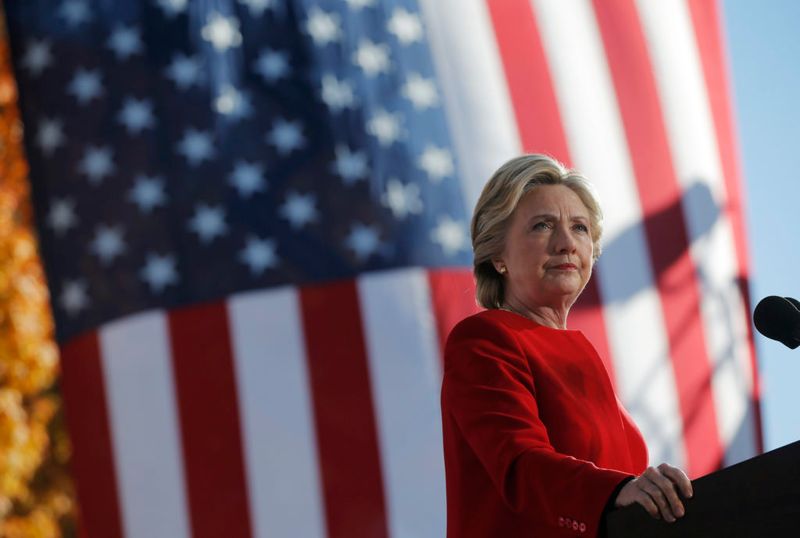American history books often paint figures in black and white, missing the complex shades of gray that make up real people. From founding fathers to modern politicians, many important Americans have been unfairly judged, oversimplified, or misrepresented over time. Looking deeper at these misunderstood individuals helps us see that history isn’t as simple as heroes and villains – it’s filled with complicated people shaped by the times they lived in.
1. Thomas Paine: Revolutionary Writer, Forgotten Founder
The fiery wordsmith behind “Common Sense” died poor and largely forgotten, with only six mourners at his funeral. His radical writings helped spark the American Revolution, yet his later criticisms of organized religion turned former admirers against him. Paine’s unwavering belief in democracy, religious freedom, and human rights was too progressive even for many revolutionaries. As president, Thomas Jefferson avoided publicly associating with his former friend to avoid political backlash. Though he helped birth two revolutions (American and French), Paine spent his final years ostracized and impoverished in New York, his contributions minimized until his rediscovery by later generations seeking inspiration for social reform movements.
2. Aaron Burr: More Than Hamilton’s Rival
Hamilton’s fatal bullet wasn’t Aaron Burr’s only legacy. As a senator and vice president, Burr advocated for women’s rights and education reform long before these became mainstream causes. He even insisted his daughter receive the same rigorous education as young men of the era. Political rivalries, especially with Thomas Jefferson, led to Burr’s treason trial after a western expedition many misinterpreted as an attempt to start a new nation. Though acquitted, the scandal permanently damaged his reputation. Hamilton’s death in their famous duel overshadowed Burr’s progressive accomplishments, leaving him remembered primarily as a villain rather than as the complex political figure who championed causes ahead of his time.
3. Richard Nixon: The Paradoxical President
Watergate’s shadow looms so large that Nixon’s surprising progressive achievements often go unnoticed. The president who resigned in disgrace also created the Environmental Protection Agency, opened diplomatic relations with China, and supported affirmative action policies that would seem impossible from a Republican today. Nixon’s complex personality mixed brilliant strategic thinking with deep paranoia and insecurity. His humble origins as a grocer’s son from California shaped his resentment toward the elite establishment he felt never fully accepted him. Recordings reveal a man torn between political ambition and policy vision, capable of both enlightened leadership and petty vindictiveness. History remembers his corruption while overlooking how his domestic policies would place him left of many modern Democrats.
4. Benedict Arnold: Hero Before Traitor
Before his name became synonymous with betrayal, Benedict Arnold was America’s most brilliant battlefield commander. His daring assault on Quebec and naval ingenuity at Lake Champlain delayed British advances crucial to American independence. Financial ruin, passed-over promotions, and perceived ingratitude from Congress pushed Arnold toward treason. While commanding West Point, he plotted to surrender the fort to British forces—a plan discovered only by chance when his British contact was captured. Americans remember the traitor but forget the hero who once risked everything for independence. Even George Washington, who ordered Arnold hanged if captured, acknowledged the tragedy of losing such a talented general to bitterness and wounded pride.
5. Andrew Johnson: The Stubborn Successor
Thrust into the presidency after Lincoln’s assassination, this former tailor and self-educated Tennessean faced the monumental task of reuniting a shattered nation. Johnson’s working-class background shaped his strong belief in states’ rights and limited federal power—principles that collided disastrously with Reconstruction needs. His resistance to civil rights for formerly enslaved people stemmed not just from racism (though he held deeply prejudiced views) but from his constitutional interpretation that such matters belonged to states. This stance led to his impeachment and near-removal from office. While Johnson’s policies harmed newly freed Black Americans, understanding his flawed principles helps explain his actions beyond simple villainy, revealing how his rigid thinking made him unsuited for his historical moment.
6. J. Edgar Hoover: Law Enforcement Revolutionary With Dark Methods
America’s most powerful lawman transformed a small bureau into the formidable FBI we know today. Hoover modernized criminal investigation through forensic laboratories, fingerprint databases, and centralized crime statistics—innovations that revolutionized law enforcement worldwide. Behind this public success lurked troubling abuses of power. Hoover’s secret files contained compromising information on politicians, activists, and celebrities, while his COINTELPRO program illegally surveilled civil rights leaders like Martin Luther King Jr. Neither hero nor simple villain, Hoover embodied the tension between security and liberty. His 48-year tenure spanning eight presidencies demonstrates how institutional power, once established, can become nearly impossible to check—a cautionary legacy that continues to influence American law enforcement culture.
7. Malcolm X: The Evolving Revolutionary
Frozen in many minds as a fiery advocate of Black separation and militant resistance, Malcolm X’s journey actually culminated in a profound transformation. His pilgrimage to Mecca in 1964 exposed him to Muslims of all races praying together, challenging his previous racial worldview. Following his break with the Nation of Islam, Malcolm founded organizations promoting broader human rights rather than strict Black nationalism. His assassination at just 39 cut short this evolution, leaving many to remember only his earlier, more divisive rhetoric. The man who once called white people “devils” died believing in the possibility of racial cooperation against oppression. His intellectual courage to publicly change course when faced with new understanding reveals a depth often missing from oversimplified portrayals.
8. Herbert Hoover: The Humanitarian President
Before becoming the president blamed for the Great Depression, Hoover saved millions from starvation. As a humanitarian coordinator during World War I, he orchestrated food relief efforts across Europe, earning worldwide acclaim for his organizational genius. When the stock market crashed in 1929, Hoover actually attempted unprecedented government intervention. He launched major construction projects like the Hoover Dam and created the Reconstruction Finance Corporation to stimulate the economy, but these efforts proved insufficient against the Depression’s severity. A successful engineer and businessman who valued self-reliance, Hoover couldn’t bring himself to implement the massive federal programs the crisis demanded. His reputation suffered from unfortunate timing rather than complete inaction, transforming a once-beloved humanitarian into a political scapegoat.
9. John Brown: Violent Abolitionist or Moral Visionary?
Armed with Bible verses and rifles, John Brown rejected peaceful abolition methods when most Americans considered gradual approaches to ending slavery acceptable. His bloody raid on Harpers Ferry in 1859 shocked the nation, with some viewing him as a terrorist and others as a martyr. Brown’s willingness to die fighting slavery stemmed from deep religious conviction that human bondage was sin requiring immediate action. Unlike many white abolitionists of his era, he lived among Black Americans as equals and believed in full racial equality. His execution made him a catalyst for the Civil War, forcing Americans to confront slavery’s moral urgency. Frederick Douglass later observed that while he had worked to convert the head, “John Brown aimed at the heart of the nation.”
10. Warren G. Harding: The Charming President with Hidden Depths
Handsome and personable, Harding’s presidency collapsed under corruption scandals he never lived to address. The Teapot Dome affair, where cabinet members accepted bribes for oil leases, defined his legacy as one of history’s worst presidents. Yet Harding’s actual policies tell a different story. He supported civil rights when it was politically dangerous, pardoned Eugene Debs and other political prisoners, and advocated for an eight-hour workday. His administration oversaw women gaining the right to vote and the Washington Naval Conference limiting the arms race. Betrayed by friends he appointed to government positions, Harding once lamented, “I am not fit for this office and should never have been here.” His poor judgment in friendships overshadowed genuine accomplishments that were progressive for the 1920s.
11. Lyndon B. Johnson: Civil Rights Champion with Vietnam’s Shadow
The tall Texan who twisted arms to pass landmark civil rights legislation also escalated America’s most divisive war. LBJ’s Great Society programs created Medicare, Medicaid, Head Start, and federal aid to education while his Civil Rights Act and Voting Rights Act transformed American society. Johnson’s humble beginnings teaching poor Mexican-American children shaped his passion for fighting poverty. His political genius lay in translating idealism into practical legislation through relentless persuasion and negotiation skills honed during decades in Congress. Vietnam’s escalation crushed his domestic dreams as resources and attention shifted overseas. The president who wanted history to remember him for civil rights instead left office deeply unpopular, his achievements overshadowed by a war he couldn’t win but couldn’t bring himself to abandon.
12. Robert E. Lee: The Conflicted Confederate
Revered as a military genius and gentleman soldier, Lee’s decision to fight for the Confederacy rather than the Union army that offered him command reveals his complex character. Though personally opposed to secession, his loyalty to Virginia overrode his loyalty to the United States. Lee freed the enslaved people he inherited through marriage before the Civil War, yet fought for a government explicitly formed to protect slavery. After surrender, he advocated reconciliation and accepted Black students at Washington College (now Washington and Lee University) where he served as president. Neither the perfect southern gentleman of Lost Cause mythology nor simply a traitor, Lee embodied the contradictions of his era. His postwar efforts to heal the nation contrast with his wartime role prolonging a conflict that maintained human bondage.
13. Woodrow Wilson: Progressive Reformer with Racist Policies
The former Princeton president who championed the League of Nations and progressive economic reforms also segregated federal offices and screened “Birth of a Nation” at the White House. Wilson’s academic brilliance and vision for international peace stand in stark contrast to his appalling racial views. His domestic achievements included the Federal Reserve System, Clayton Antitrust Act, and support for women’s suffrage. Wilson’s idealistic Fourteen Points for world peace after World War I demonstrated global vision decades ahead of its time. How could one man be so forward-thinking yet so backward? Wilson reflected the progressive movement’s contradiction—fighting for economic justice while accepting racial hierarchy. His complexity reminds us that historical figures rarely fit neatly into moral categories our modern sensibilities might prefer.
14. Calamity Jane: Frontier Legend Beyond the Myth
Martha Jane Cannary could outshoot, outride, and outdrink many men on the frontier, but her real story goes beyond Wild West shows and dime novels. Behind the buckskins and bravado was a woman who worked as a scout, nurse during smallpox epidemics, and occasional prostitute to survive harsh frontier conditions. Her friendship with Wild Bill Hickok became exaggerated into romance, while her habit of wearing men’s clothing led to assumptions about her identity that simplified a complex woman. The real Calamity was known for extraordinary generosity, often giving away what little money she had to those in need. Alcoholism and poverty marked her later years, yet her dying wish to be buried beside Hickok in Deadwood was honored—a testament to the respect she’d earned despite her unconventional life.
15. Joseph McCarthy: The Man Behind the Witch Hunt
Few names evoke such immediate recognition for political overreach as the Wisconsin senator who claimed to have lists of communists infiltrating the government. Before his anti-communist crusade, McCarthy had served as a Marine judge and campaigned as a political moderate with labor support. His rapid transformation into the face of paranoid anti-communism came after a 1950 speech in Wheeling, West Virginia, where he claimed to hold names of State Department communists. The subsequent investigations ruined countless careers based on flimsy evidence and guilt by association. McCarthy’s downfall came when he targeted the Army on national television, exposing his bullying tactics. His personal demons—including alcoholism and possible bipolar disorder—contributed to behavior that gave us the term “McCarthyism” as a warning against unchecked political persecution.
16. Sitting Bull: Spiritual Leader Before Warrior
The Hunkpapa Lakota chief who defeated Custer wasn’t primarily a war leader but a holy man and diplomat. Sitting Bull received visions guiding his people and initially sought peaceful coexistence with white settlers before broken treaties forced resistance. After years in Canadian exile following the Little Bighorn victory, he returned to the United States under amnesty. His later years included touring with Buffalo Bill’s Wild West Show, where he quietly donated to charity while being displayed as a conquered “savage.” Sitting Bull’s death came at the hands of tribal police during the Ghost Dance movement, which authorities feared would inspire rebellion. His complex legacy as both resistance symbol and peace seeker challenges simplistic portrayals of Native leaders as either noble victims or one-dimensional warriors.
17. Hillary Clinton: From First Lady to Political Lightning Rod
Few American figures have inspired such passionate opinions across the political spectrum. As First Lady, Clinton broke tradition by taking on healthcare reform rather than safer ceremonial duties, establishing a pattern of ambition that both inspired supporters and alarmed critics. Her Senate career showed pragmatic bipartisanship at odds with her partisan image. Working with Republicans on healthcare for National Guard members and supporting the Iraq War vote (which she later called a mistake) revealed a more complex politician than either fans or detractors acknowledge. As Secretary of State and presidential candidate, Clinton’s cautious, methodical approach contrasted with growing demands for revolutionary change. History may ultimately judge her as a transitional figure who helped normalize women in positions of power while carrying the scars of being first.
